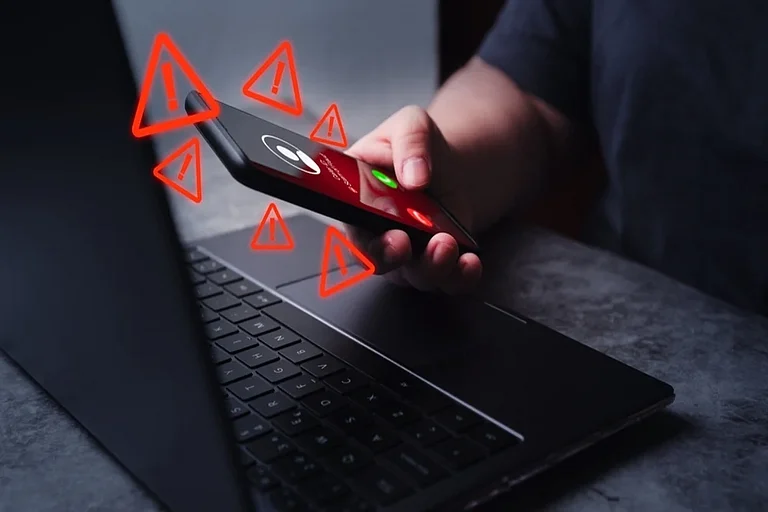
Summary of this article
WhatsApp screen sharing scam exposes banking and personal details
Scammers pose as officials and trick users into sharing
Awareness and caution help prevent financial fraud
WhatsApp screen sharing scam, otherwise known as screen mirroring scam, is a fraud in which scammers trick people into revealing their phone screens during the course of a WhatsApp call. Once the cybercriminals get the victim to provide them with access to the screen, they can see everything on the phone. This includes details such as bank account numbers, one-time passwords (OTPs), logins, to even private messages. With these details, the scammers can drain bank accounts, steal online accounts, or misuse personal identity.
How Do Scammers Trick Users
The fraud usually starts with a call or message from someone presenting himself as a bank official, customer care executive, or even a government officer. The scammer informs the victim that there is something wrong with his account or that he is providing assistance with a service.
To trick the victim into believing them, senders can take the victim step by step and request he/she install a screen-sharing or remote access tool. Once screen sharing is activated and the phone is in use, all actions are visible in real time to the scammer. When the victim enters his/her net banking details or an OTP, the scammer is able to transmit that information simultaneously and misuse it.
Sometimes, instead of screen sharing, scammers may ask the victim to download malicious software such as a keyboard logger. This type of software secretly records all keystrokes, including PINs and passwords, and sends them back to the scammer.
Risks for Banking Security
Such a scam creates a serious danger to financial stability. Scammers can easily initiate transactions and draw funds out of bank accounts, having access to OTPs and login details.
They can reset passwords, change linked mobile numbers, and lock the actual user out of their account. Aside from financial loss, these scams can also lead to identity theft, wherein the personal details of the person are used in opening new accounts or engaging in other dealings in his name.
Though banks have infused features such as secure apps, session locking, and on-screen keyboards, none of these security features can protect a user who willingly shares his or her screen or downloads malicious software.
How to Protect Yourself
There are certain simple precautions that can help users prevent themselves from being victims of WhatsApp screen sharing fraud:
Never share your screen or allow remote control with anyone whom you don't fully trust.
Don't download applications or access links shared by suspicious numbers.
Neither government offices nor banks ever ask customers to screen-share or download third-party apps.
At all times, verify the caller by calling your bank on the listed customer care numbers.
Don't input banking credentials, PINs, or OTPs when your screen is shared.
Make sure your phone security settings are updated and turn off the option to install applications from unknown sources.
Why Awareness Matters
The biggest defence against such scams is awareness. The majority of users become victims only because they are not aware that screen sharing can expose sensitive data in real time.
Making your family members aware of this, especially the seniors or those with less technical knowledge, can significantly reduce the risk. Caution and verifying requests before reacting can prevent scammers from exploiting trust.











